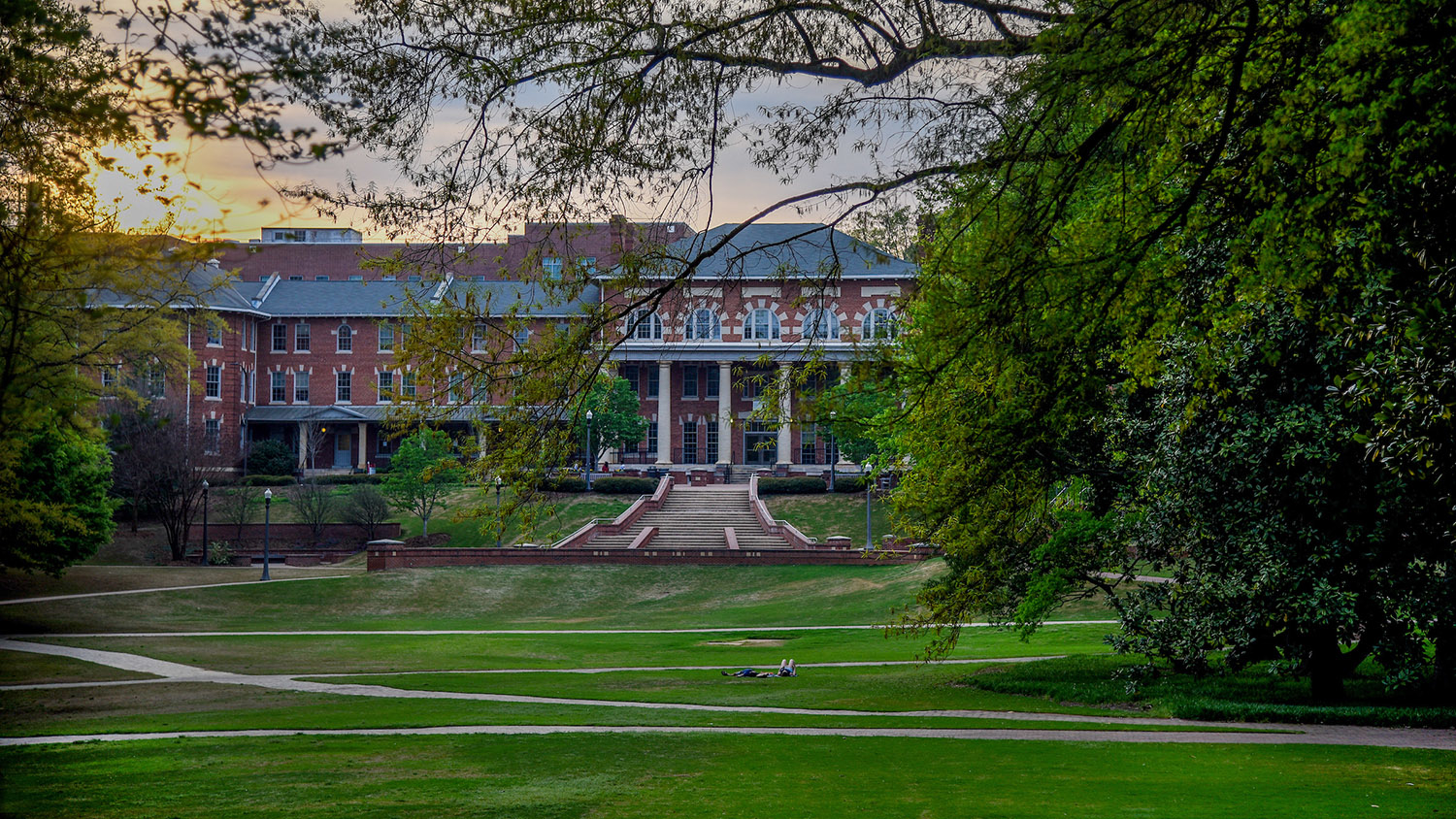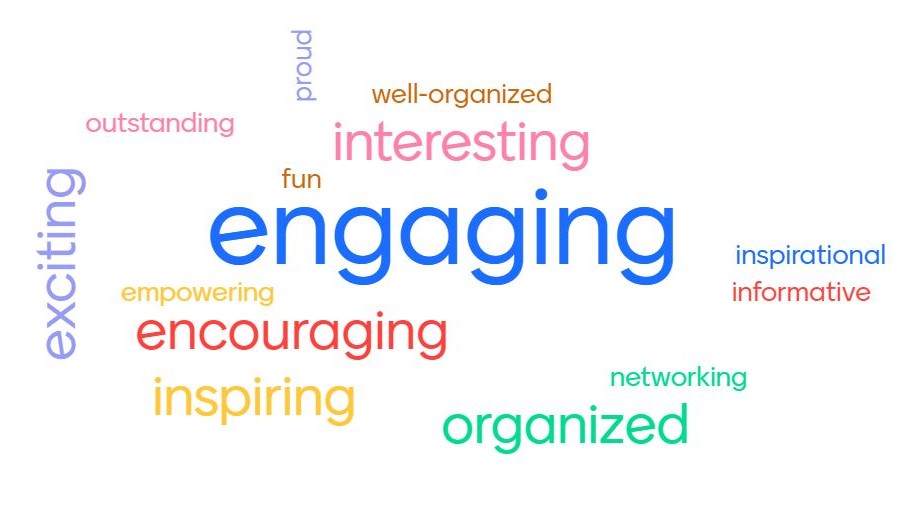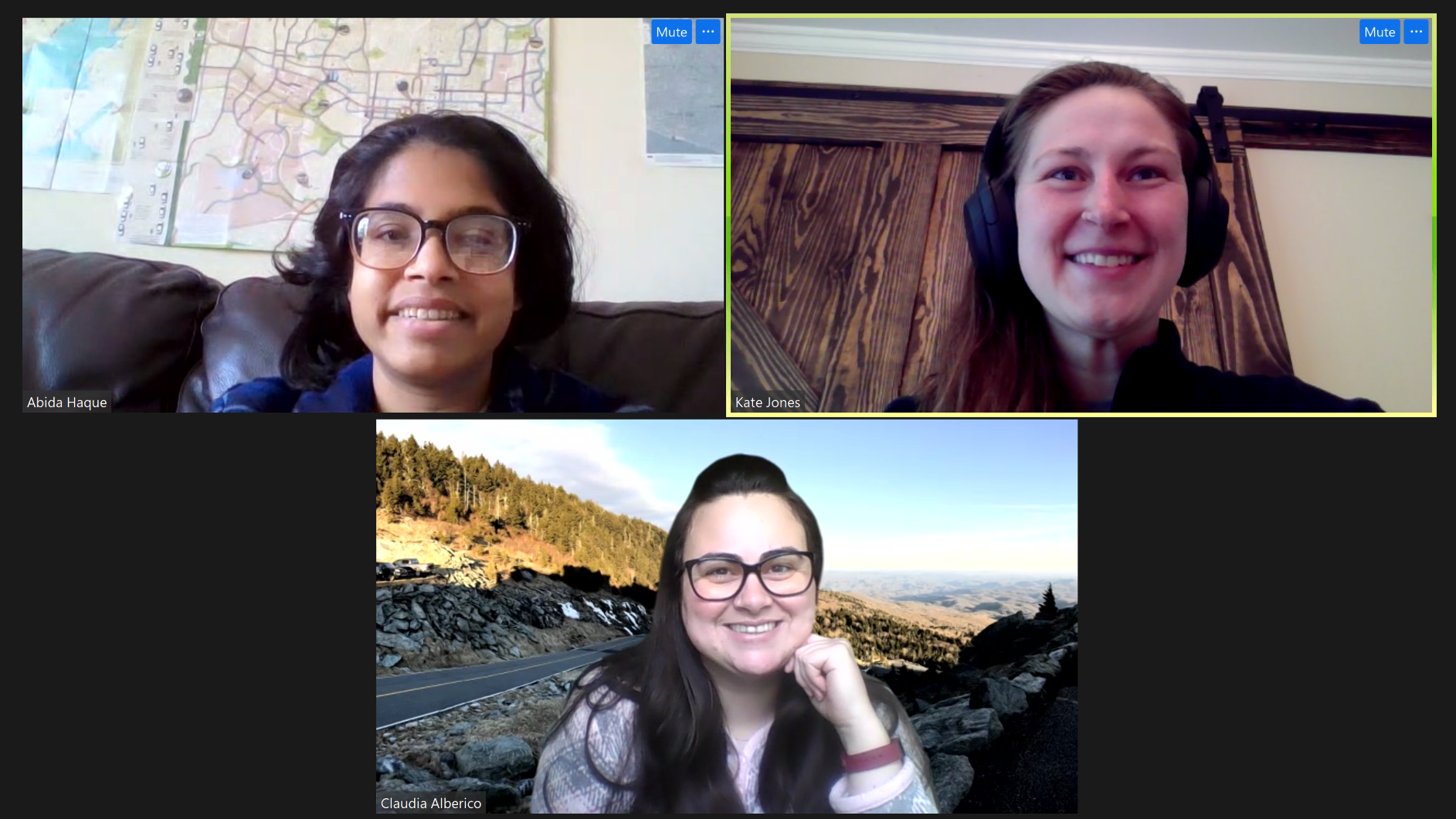PhD Career Panel – Advice for your next career step

On May 29th, the Office of Postdoctoral Affairs & NC State Postdoctoral Association held a virtual career panel featuring PhD-trained researchers working in a variety of fields.
Panelists included:
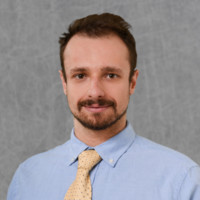
Tolga Akiner, Ph.D., Data Scientist, GSK
Tolga Akiner earned a Ph.D. in mechanical engineering from Bogazici University (Turkey). After a postdoctoral experience in Machine Learning and Material Design at NC State University, he successfully transitioned to a new role as a Data Scientist at GSK, in the Research Triangle Park. Dr Akiner is also the co-founder of PECSR, a company researching on environmental and sustainable solutions to climate change and plastic pollution.

Arion Kennedy, Ph.D., Assistant Professor, Molecular & Structural Biochemistry, NC State University
Arion Kennedy, Ph.D., is an Assistant Professor in the Department of Molecular and Structural Biochemistry at North Carolina State University where her lab focuses on how the immune system impacts metabolic-associated disorders. Her extensive, cross-disciplinary education, including impressive Post-Doctoral training at Vanderbilt University, has helped to foster multiple collaborations and pave her way as a successful junior faculty member.
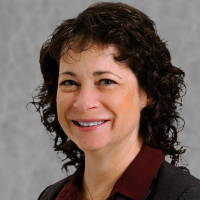
Deborah Thompson, Ph.D., Director of Research Partnerships, NC Agricultural Research Service, College of Agriculture & Life Sciences, NC State University
Deborah Thompson, Ph.D. in genetics, has worked in academic, government, industry (both startups and multinational), and nonprofit roles. In her current position, she facilitates research partnerships between faculty in CALS and various corporate interests in agtech and biotech, locally and around the world.
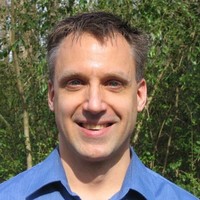
Paul Ulanch, Ph.D., MBA, Executive Director, Crop Commercialization Program, NC Biotechnology Center
Paul Ulanch is the executive Director of the Crop Commercialization Program at the North Carolina Biotechnology Center. Dr. Ulanch has a BS in Biology-Biochemistry from Michigan Technology University, a Ph.D. in Biochemistry from Texas A&M, and earned an executive MBA from University of Pittsburgh. His vast previous experiences include postdoctoral and faculty positions, intellectual property consultant, and director of tech commercialization services.
Highlights from their conversation with our postdoc attendees
Career Journey & Advice
Dr. Thompson has experienced many different career settings: start-up companies, academia, government (NIEHS), a large agricultural company, and non-profit setting (NC Biotechnology Center).
Advice: It is OK to change. You don’t have to proceed on one path…you can always pivot.
And knowing what you don’t want to do is not the same as knowing what you want to do – but it’s a start.
Dr. Akiner, formerly active in the NC State Postdoctoral Association, has a research background in data and simulations. He got very interested in using artificial intelligence and machine learning in materials science applications and worked in this area during his postdoc at NC State. This background allowed him to pivot into a data scientist role at GSK, where he uses natural language processing to answer business questions.
Dr. Kennedy comes from a science family – mother is a biology teacher and father a physical chemist. She initially pursued a Master’s program as she was unsure of whether she wanted to pursue an industry or academic career. She worked in a fellowship at NIH between her Master’s and PhD. Doing her graduate work in a smaller graduate program provided her a more intimate training experience. She also had great mentors, which really helped her in her career.
Her fellowship with Merck helped her decide that she wanted to pursue academia and not industry. She also prioritized geography in her training decisions as she wanted to be near family in North Carolina and does not like cold weather (you should also be realistic about location. Outside of work, do you want to live in a city, climate, preferences and family situation). Dr. Kennedy worked as a postdoc lab of 7 people at Vanderbilt and received a K01 award from NIH, transitioning to a research assistant professor position there before accepting her position at NC State.
Advice: Recommends trainees take a business course if they want to run their own lab.
If deciding to pursue academia keep in mind the type of faculty (i.e teaching vs. research heavy). The type of institution (research intensive, public vs. private, liberal arts). Start working on your research plan and teaching philosophy. Talk to multiple mentors and professors about your career goals and advice.
Dr. Ulanch networked often as a postdoc at the University of Michigan. He also became interested in entrepreneurship and working at smaller, start-up companies. He worked in a technology transfer office at University of Pittsburgh while working there as research faculty, where he also pursued his MBA.
Advice: RTP has a wealth of companies for you to connect with – be sure to network while you are here. Explore your career options beyond academia as well as consider how interfacing with industry can enrich your academic training.
Dr. Akiner, did being a postdoc at NC State and in close proximity to RTP help?
Dr. Akiner: There are many great meetups and networking groups in the area around a variety of data science topics. Dr. Akiner met multiple hiring managers at these networking events.
For networking opportunities in the data science space, see:
Triangle Digital Health Happy Hour
AND for general networking opportunities, especially in the biotech & ag tech space:
NC Biotechnology Center Exchange/Interest Groups
NC Biotechnology Center Calendar of Events (with tons of networking events across the region)
Dr. Akiner, you were involved with PDA activities and similar organizations. Did this experience help you in your professional career in any way?
Yes, it certainly did help me. First up, I got to meet Chris Smith who gave me a tremendous amount of help for the job hunting process including but not limited to CV, networking and Linkedin profile editing. I also learned more about Graduate School activities to help post-docs such as A2i Industry Immersion week where I learnt a lot about the perspective of hiring managers. All this shaped my ideas and approach to interviews and being more visible in the job market.
How did you forge your own path?
Dr. Ulanch: The faculty I have interacted with at NC State seem open-minded to alternative career pathways. The lab’s activities can be enriched by having a diversity of career interests among its trainees.
Advice: Consider consulting for start-ups who may be in need of specific expertise. Looking for some? Check out the NC State’s Office of Research and Innovation’s Start-Up list (where you can leverage your NC State connection!) as well as this list of start-up accelerators/incubators across the Research Triangle Region.
Finding mentors beyond your current advisor/PI.
Dr. Ulanch: Be brave and network. Explore your options. While a postdoc at Michigan, he met someone who had worked for a startup in RTP and that person connected him to others working in the space.
Shortly after moving to the area, Ulanch met a few people at a networking event in RTP…who connected him to others in the region.
Challenges when changing careers.
Dr. Thompson: “I would love to say it was all planned. But it wasn’t.”
I chose career paths that allowed me to learn something new.
Step 1: Knew what she didn’t want to do (benchwork). But didn’t initially know what she did want to do.
Step 2: Self exploration and assessment helped Thompson learn what type of environment she would want in terms of work.
Advice: I sat down and wrote my ideal job description. This helped me know what type of position I really wanted. When I saw my current position at NC State advertised, I knew it was close to this ideal job I wrote for myself.
Dr. Ulanch: If you are entrepreneurial minded, find partners to help with your start-up. Postdocs and graduate students are often well positioned to help lead start-ups. Be sure to consult with the NC State Office of Research Commercialization and other offices to understand how you may be able to proceed without violating any conflicts of interest.
Dr. Kennedy: The research assistant professor position allowed me to establish research independence and work on my own projects. This position also gives you a cushion as you still have support from a mentor and department. Usually these positions are per year and have to be renewed based on funding support.
Know you can always change careers. With a background in science you can switch into government, science policy, industry or stick with academia and work in grant development.
Dr. Ulanch, how willing are industry/startup labs/organizations to accept people from different research/professional backgrounds?
Skills are transferable and therefore many organizations may be open to bringing people onto the team from different backgrounds. A diversity of backgrounds many times is what allows a company to advance. The challenge many times is how one can market themselves that will add value to an organization, and therefore networking with members of that organization may be helpful in communicating one’s skills.
Advice for landing a data science position.
Dr. Akiner: Utilize online sources and courses (Udemy, Coursera, LinkedIn Learning (free with NC State credentials), Edx) to learn more about the field and techniques. You need to also demonstrate to employers you can solve data science problems (see Kaggle competitions or Google Data Search (links below) to find datasets to work on). Create a readable, comprehensive github repository of your work, which can be public-facing. When Dr. Akiner conducted technical interviews for potential additions to the GSK data science team, candidates without a github repository were not advanced in the process. Having well annotated code that can be reviewed openly helps hiring managers vet your data science skills. Learning what you can about the latest techniques in data science can help prepare you for working in the field. “You cannot put a price on information.”
Throw yourself out in the professional network, go to Meetups or company events, approach people that you are interested in their job and talk to them. Tell them how you can help them to enhance their business!
Closing Thoughts
Dr. Ulanch: Developing people and project management skills are critical regardless of which career path you choose. Work to obtain these opportunities as a postdoc and be sure to highlight them in your application materials.
Resources & Links:
- Categories:
